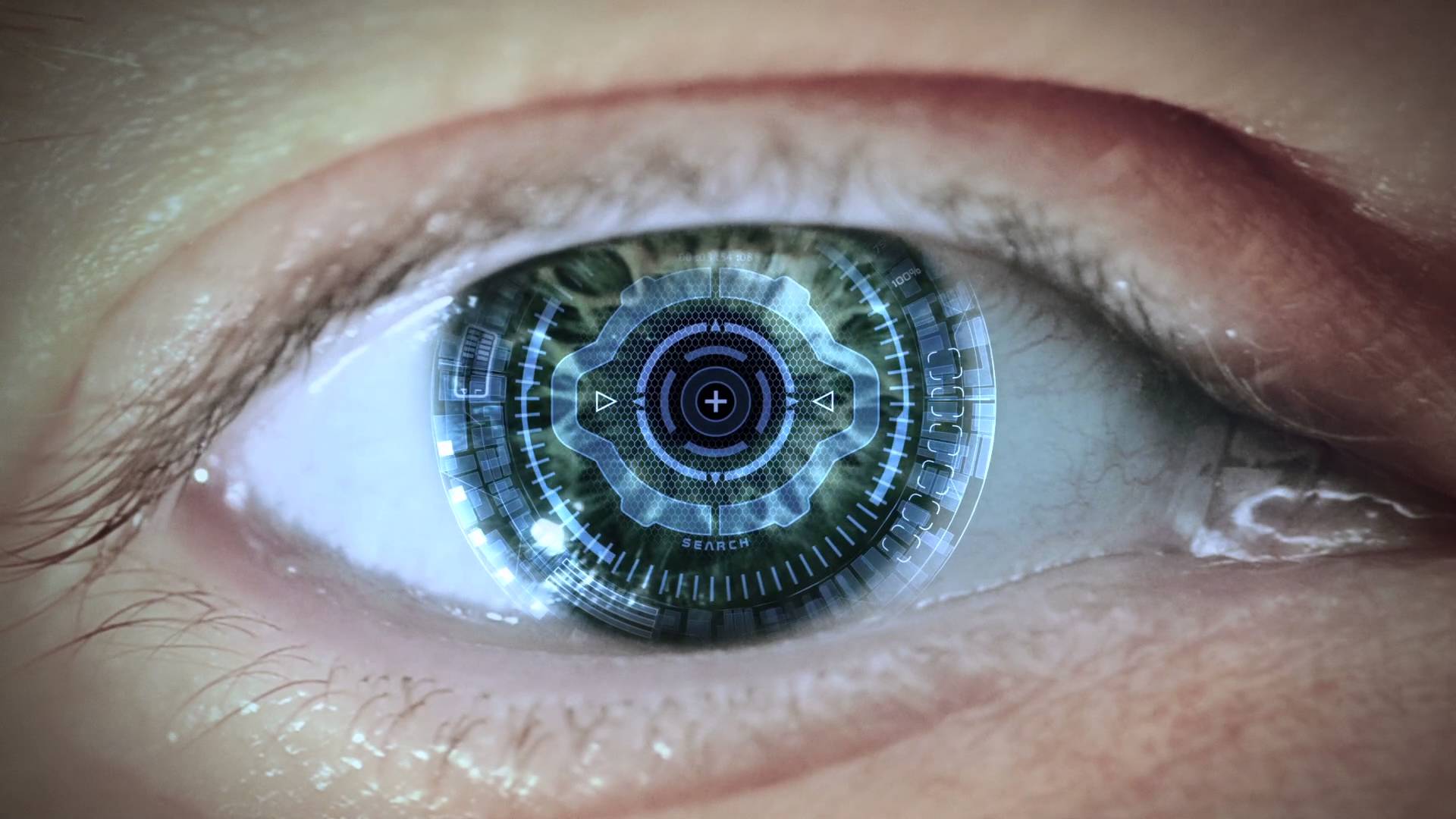
I recently read a Facebook post by a fellow who, just having had an RIFD chip implanted under his skin, described himself as “trans-human.” For those of you unaware exactly what an RIFD chip is, you’ll find one in the latest version of credit cards being issued by Banks. RIFD chips allow information to be wirelessly transmitted; credit card companies and banks like them because they eliminate the need for PIN numbers and improve security.
An RIFD-implanted human being thus contains an information and identification source which can be accessed remotely for a variety of purposes. In some sense, one can think of such a person as a walking ATM card, the ultimate trans-human identity in our ever more commercial world.
Identity politics has exploded recently; the fragmentation of society into discreet categorical interest groups now goes well beyond mere historical distinctions of political party and race into gender, sexual preferences, occupations, age-groups, diet, and more. To this list we may now add members of the trans-human community, those who meld digital technology with human biology.
I am trans-human. I have had an ICD (implanted cardio-defibrillator) in my chest for sixteen years, since the turn-of-the-century. Essentially a very small computer, my ICD establishes and controls the rhythm of my heart and continuously monitors my heart for any life-threatening arrhythmia. Should one be detected, it applies one or another “therapies” to correct the problem, pacing patterns on up to and including, the delivery of an electric shock. Recording all events, it transmits data to my cardiologist using a wireless connection to a device next to my bed that then sends the data through our land line.
Until recently I’ve never thought of myself as trans-human. Exactly where “I” end and my ICD begins is unclear, but what is perfectly clear is that the natural biology of my heart has been superseded by machine intelligence. At least, I hope it’s intelligent. Regrettably, I’m probably hackable. Ah well, I guess nobody’s perfect.
It will advance from here, of course; advanced genetic engineering ever-more intertwined with digital technology is happening in my lifetime. In the future, there will be debates in congress about whether advanced trans-humans-2.0 are really human. Oh, goody.
I expect a nativist, anti-trans-human movement will be stimulated by the trans-human movement; every new cultural development always creates the conditions for its own opposition to arise. Accordingly, when not just hearts are bionic, but also eyes, ears, fingers, and ultimately mind itself, just plain biological humans inevitably will begin to feel uncomfortable. “The right not to serve trans-humans” will end up in court and decisions will have to be made about trans-human rights. The implied rights of “all created equal” will be tested against the idea of the equality of trans-humans. Are we having fun, yet?
Legitimately arising as a result of long-standing cultural bias, bigotry or far worse, identity politics is reactive and often healthy. Denied the right to vote, the women’s suffrage movement arose to successfully claim the right to vote for women; this was beneficial to democracy and society. Whether the current media-fueled fracturing of society into multitudinous, categorical identity groups will be beneficial remains to be seen. Historically, categorical distinctions which separate us from each other are nearly unlimited, sometimes helpful, but often destructive.
Just sayin’.